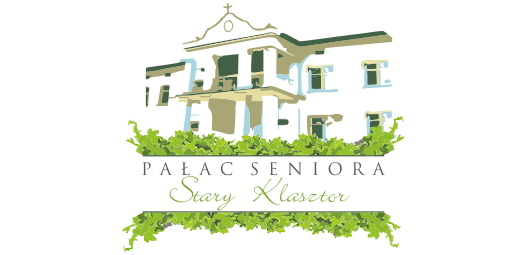A FEW WORDS ABOUT SENIOR'S PALACE
History of the Convent
1925-due to poor health of many sisters living in Cracow and other cities, Ursulines decide to buy a palace in Rokiciny Podhalańskie near Rabka to use as a place for climate treatment and holiday rest. The first sisters arrived in July that year. The Convent was accessible for all Ursuline congregations as well as their students and lay guests. The Convent chapel was used for church services for the local village and the sisters provided nursing care and charity help, taught religious education at the local school and organized practical courses.
1933 – the palace was extended by adding two floors and academic conventions as well as general chapters took place there. During the war, despite hard conditions, the sisters hosted displaced families and gave help to everyone who asked for it. From January 1941 to July 1942 they received children from Warsaw at threat from tuberculosis. Nazis ordered the prevention centre to be closed.
1943 – in January, Gestapo arrested the Mother Superior, M. Klemensa Staszewska, on charges of helping fugitives wanted by the Nazis. She died in reputation of sanctity in Auschwitz concentration camp in July 1943. She was beatified in June 1999 by John Paul II along with 108 Martyrs of World War II.
1943 – in July, Nazis removed the nuns and took over their house. The sisters managed to return there in December 1944. In summer 1945, they organized a holiday camp for children from Welfare Centre in Cracow and from September 1946 they ran Children's Home and a nursery for orphaned infants, since 1952 called Przystań. In 1945 they received a license from the educational authorities to run five-month Private Courses of Household and Poultry Keeping for Women. The sisters also taught religious education at the local school until 1954 when the subject was removed from schools. In the same year the communist authorities ordered the nursery to be closed down. Earlier, in 1952, the Children's Home was nationalised. The sisters continued teaching religion at parishes in neighbouring villages.
In recent years the Convent was a holiday-retreat centre which received young people in groups as well as individually.







